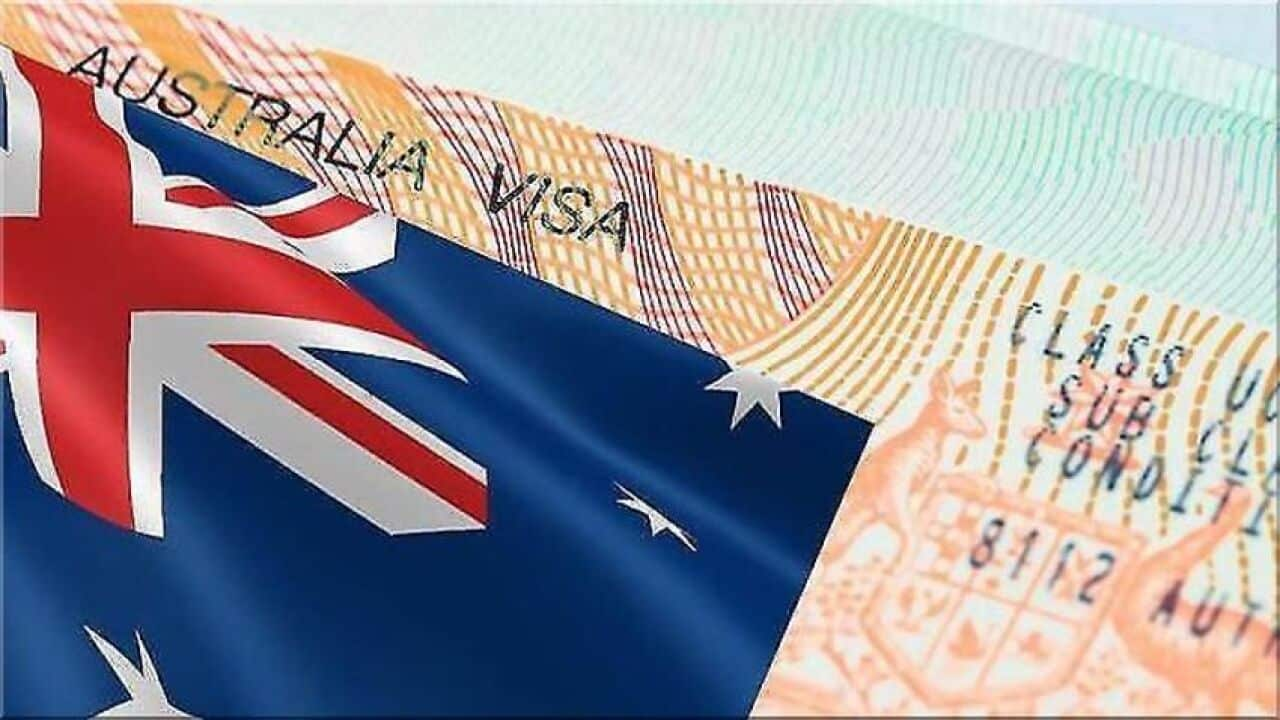Highlights
- International students, temporary visa holders to get early access to super.
- Documents must prove financial hardship, details on ATO & myGov websites.
- Up to $10,000 can be withdrawn in the financial year 2019-20.
Last week, Australian Prime Minister Scott Morrison’s message to financially weak visitors, temporary visa holders – international students in particular – to “return to their home countries” during the coronavirus financial crisis, was met with a lot of criticism.
Reaction from not only such visa holders but also permanent residents and citizens spiralled, amplifying calls for the government to not leave them in the lurch, considering they contribute significantly to Australia’s tax revenue.
The next day, Acting Immigration Minister Alan Tudge announced that such visa holders with working rights can now have early access to their superannuation fund to help tide over the economic downturn resulting from the coronavirus.
Melbourne-based financial advisor and accountant Parampreet Singh Rajput deconstructs the government’s offer.
“It’s a good decision taken by the government because there was a controversy that the Australian government hasn’t been considerate about international students and temporary residents at all who are suffering from the coronavirus-related financial strain,” he says.
Calling this measure “a ray of hope” for those visa holders whose income has reduced significantly and can’t make both ends meet, Mr Rajput elaborates how they can resort to their superannuation fund.
This fund accumulates over time, as a fixed amount is contributed by the employee and employer each pay cycle.
This money is then invested in the share market by the companies that manage the fund. Under normal circumstances, owners of the fund can’t access it till they retire.
Eligibility criteria
- You are unemployed, or
- You are eligible for a Job Seeker payment, youth allowance for jobseekers, parenting payment (single and partnered payments), special benefit or farm household allowance, or
- On or after 1 January, either you were made redundant or your working hours were cut by at least 20%, or
- If you are a sole trader, your business was suspended or there was a fall in your turnover of 20% or more
“Those impacted due to coronavirus financial hardship can withdraw up to $10,000 from this fund, provided they meet some conditions,” Mr Rajput says.
“Their visa should have been active for at least 12 months and their financial hardship must be proved by documents that show significant loss of income, overdue bills, unpaid rent, inability to buy food and essential items etc,” he explains, adding full details are available on the Australian Taxation Office (ATO) website.
Mr Rajput also says that the release of superannuation will be decided on a case-to-case basis.
In addition, applications to access superannuation funds can be made on 20 April onwards. Mr Rajput further adds that this facility is available only for those who are in dire straits due to loss of work or are unemployed and struggling to survive with their current savings.
Mr Rajput further adds that this facility is available only for those who are in dire straits due to loss of work or are unemployed and struggling to survive with their current savings.

Acting Minister for Immigration, Citizenship, Migrant Services and Multicultural Affairs Alan Tudge. Source: SBS
He also briefly touches upon the loss incurred by most people’s superannuation funds due to the economic downturn caused by the coronavirus.
“Most superannuation investments have had a negative impact because the share market has nosedived. But those who acted in time to freeze their super funds, have been able to cut their losses,” asses Mr Rajput.
He adds that if this downward trend continues in the share market, superannuation funds can expect a further blow.
“If this financial slowdown continues for the next three to six months, the share market’s downfall will continue. But if it recovers sooner, the share market will aggressively bounce back and losses may be recouped,” he hopes.
Listen to the podcast in Punjabi by clicking on the player inside the picture at the top of the page.
Coronavirus symptoms can range from mild illness to pneumonia, according to the Federal Government's website. Symptoms can include a fever, coughing, sore throat, fatigue and shortness of breath.
If you develop symptoms within 14 days of returning from overseas, you should call to seek medical attention.
If you don’t have symptoms but you have been in contact with a confirmed COVID-19 case, you should also call to seek medical attention.
If you believe you may need to get tested, call your doctor, don’t visit. Or contact the national Coronavirus Health Information Hotline on 1800 020 080.
If you are struggling to breathe or experiencing a medical emergency, call 000.






